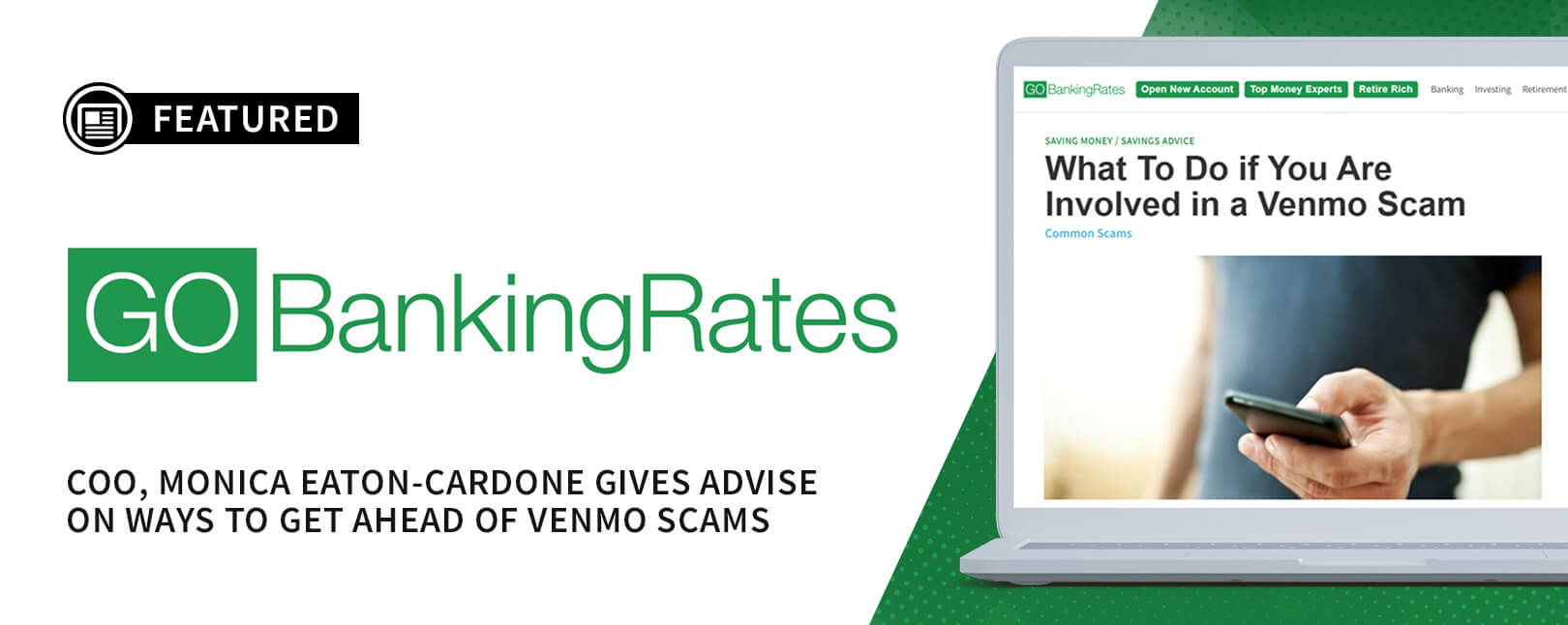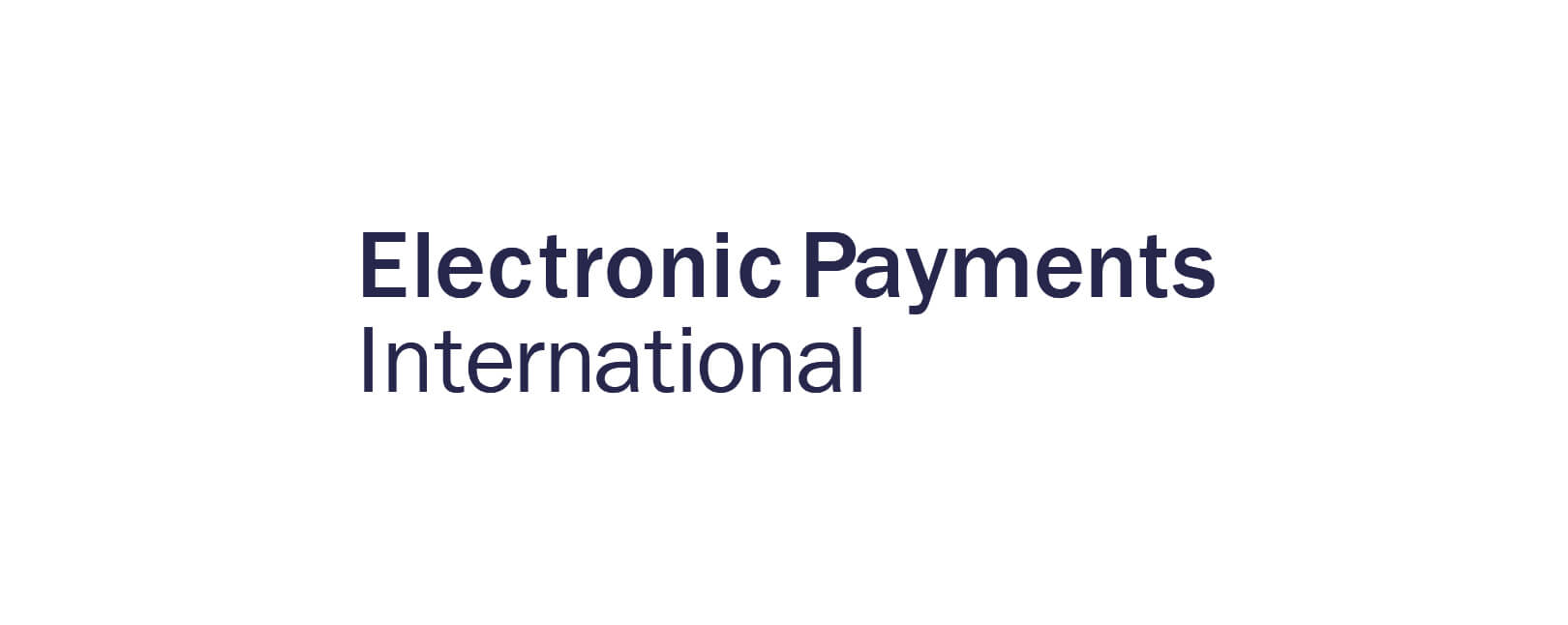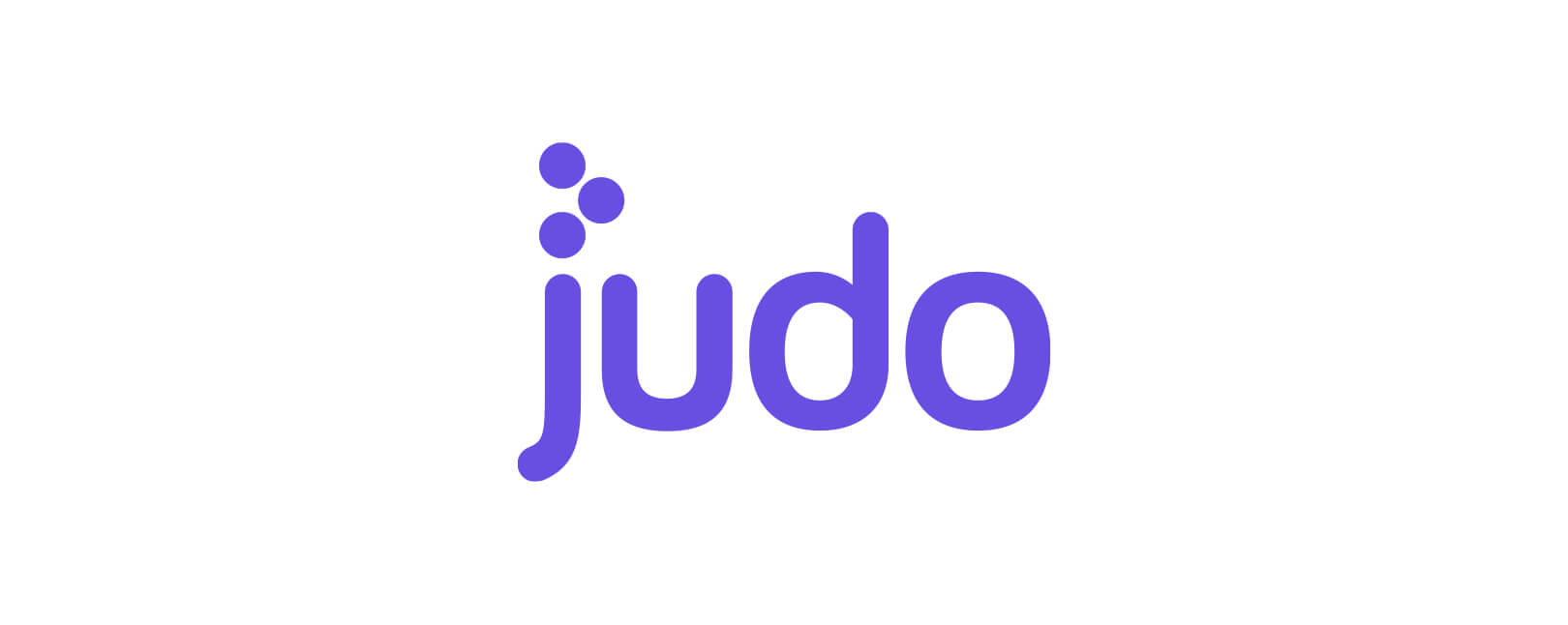Venmo is a convenient way of sending money straight from your bank account to another U.S. bank account in just minutes. If you have someone you’d like to send money to without writing a check or racking up fees, you can log into Venmo and send that money directly from your banking app to their account in seconds. Easy as that sounds, though, there are some downsides and vulnerabilities to consider, as notes in a recent feature for GOBankingRates.
GOBankingRates is an online financial publication that aims to clarify and improve interest rates and investing for the average consumer. Founded in 2004, GOBankingRates has become a trusted voice in finance, having partnered with many industry leaders, such as MSN Money, Yahoo Finance, Time Money, AOL, Forbes, The Street, CBS News, Motley Fool, CNBC, and other national publications for approachable financial content.
Can you get scammed with Venmo? According to the article, the platform is generally considered a safe, secure way to send money because it doesn’t require the sender and recipient to share anything other than a phone number or email address. But, despite safeguards, some scams can still occur. As a consumer, you should watch for suspicious activities.
There's good news, though. As Chargebacks911 Founder Monica Eaton says, Venmo scams are easy to stay ahead of with the right knowledge and practices in place.
“Venmo offers several settings to go through before funds are sent,“ she says. “This includes using facial recognition or a PIN to even log into the app. The last four digits of the recipient’s phone number may also be needed to complete a transaction.”
Most Venmo scams are rather simplistic. You might receive a text about a transfer of money that you did not authorize. The scammer waits for you to respond, poses as a representative of your bank, and then tricks you into disclosing enough personal and financial information to transfer your funds successfully. You should never click a link in a text message or email. When something pops up, call your bank directly instead to determine whether your bank account has been compromised.









